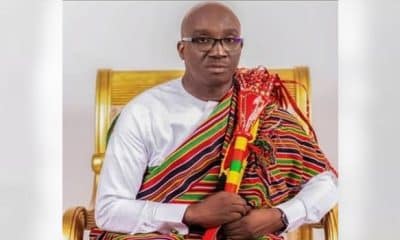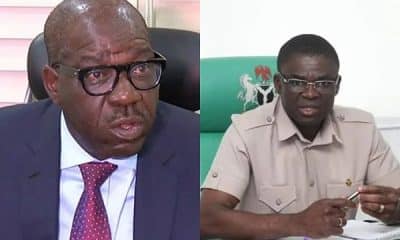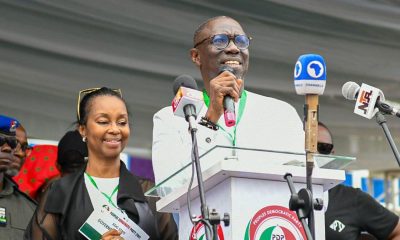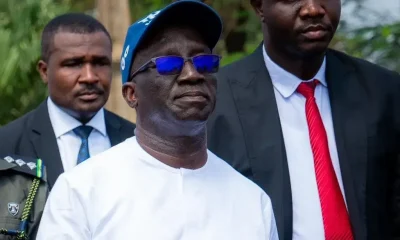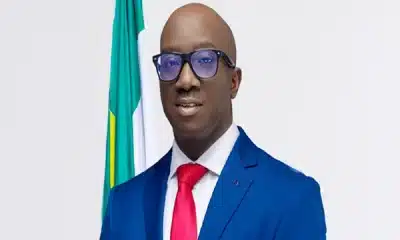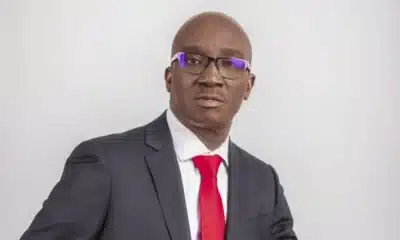Nigeria News
Edo Voters Have Left A Legacy of Electoral Efficiency – Bishop Kukah
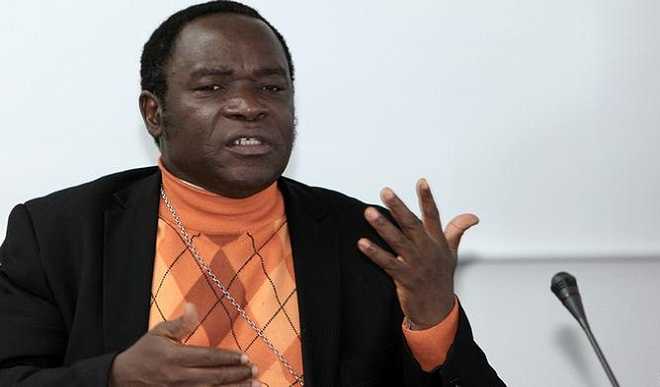
Mathew Kukah, the Bishop of Sokoto Catholic Diocese, has commended Edo electorate for leaving a legacy of electoral efficiency for the country.
Recall that Governor Godwin Obaseki was on Saturday re-elected for a second term as the governor of Edo state.
Speaking on Tuesday morning while featuring on Channels Television’s programme, Sunrise Daily, Kukah said the people of Edo State conducted themselves very well in the September 19, 2020, governorship election.
He warned politicians to stop seeking the endorsements of religious leaders during elections but rather engage the people they intend to serve and sell their objectives to them to make the decision.
Bishop Kukah advised the people of Ondo State should take a cue from the Edo situation and seek to do better in the forthcoming October 10, 2020 election by ensuring their votes counted in a violent-free process.
“Our commendation also goes to the people of Edo State. I have received quite a lot of messages from old friends that I haven’t spoken to in a long time, commending the work of the National Peace Committee but really this is not an honour that one individual should take,” he said.
“It is the people of Edo State, the way they conducted themselves and I think in every sense of the word, they left us a legacy of efficiency.
“It is incumbent on the people of Ondo to now ask themselves, why can we not do better than the people in Edo State?”
On the decline in the percentage of votes witnessed in Edo State in the last couple of years, Kukah said, “Rather than politicians running around Pastors and Imams seeking endorsements, they should be out there engaging the people and encouraging people to go out and vote.
“I think that the churches and civil societies have also done very well in terms of mobilising people but this is something that must continue as a process of engagement, not something that happens in the month of election because people need to be sufficiently convinced about the power of their votes and how significant and how important it is.
“Part of the problems is that the ordinary people go out to vote, the politicians give appointments to their friends, who they import, either from other states or from abroad, I am not saying people who are in the diaspora cannot govern but there is almost something dysfunctional about political rewards after elections.”

